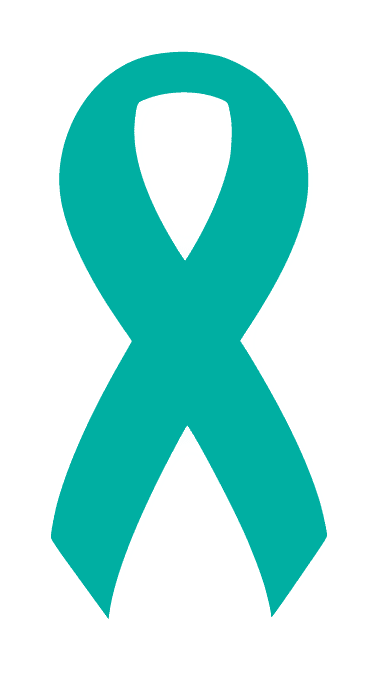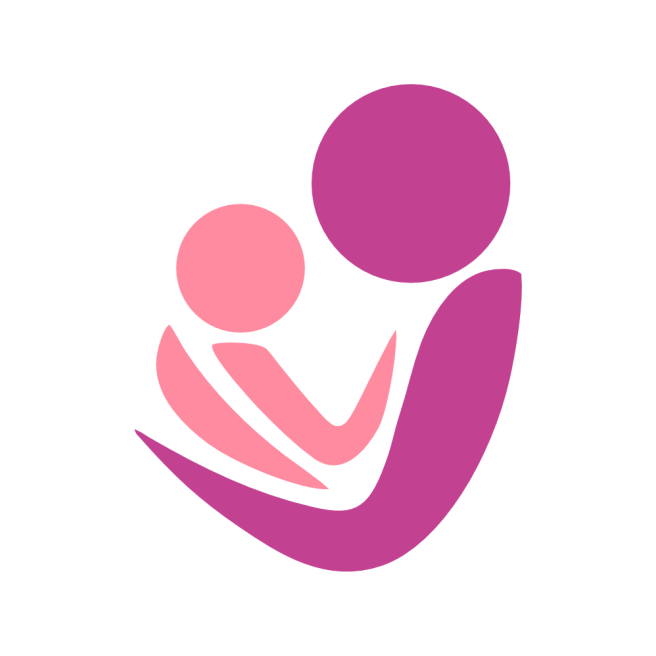PCOD [Polycystic Ovarian Disease] & PCOS [Polycystic Ovary Syndrome] are often used interchangeably, but medically they represent different conditions. Irregular periods and hormonal disturbances are few symptoms. PCOS encompasses a wider range of symptoms beyond ovarian cysts. Both conditions can impact fertility & overall health, thorough diagnosis & appropriate treatment based on individual symptoms is required.
- MYTH
Women with PCOS will have Ovarian Cysts.
- FACT
Tiny follicles
are present in the ovary and may resemble a “strand of pearls” on an ultrasound. The follicles may look like
small cysts, but they are very different. These follicles aren’t cancerous and do not cause pain. Not all women
diagnosed with PCOS have follicles on their ovaries.
- MYTH
Women with PCOS can’t have children
- FACT
PCOS is a common cause of fertility problems for women, but that doesn’t mean carrying a pregnancy to term is
impossible. Many women with PCOS can conceive on their own or with the help of fertility treatments. Lifestyle
changes and a healthier diet can also improve the chances of conceiving.
- MYTH
An Irregular Menstrual Cycle Means You Have PCOS
- FACT
PCOS is one cause of an irregular menstrual cycle, but there are so many other reasons! Typical cycles range
between 21 to 35 days. Other factors such as stress, thyroid disorders or other endocrine conditions, fibroids,
or extreme dieting can lead to an irregular cycle. If your cycle is irregular, speak to a doctor. Additional tests and
exams will identify the cause
- MYTH
+
- FACT
+
- MYTH
+
- FACT
+
- MYTH
+
- FACT
+
WHAT IS PCOS?
HOW IS PCOS DIAGNOSED?
DOES PCOS IMPACT FERTILITY?
DO PCOS AFFECT MOOD
IS PCOS TREATABLE?
IS PCOS A LIFELONG CONDITION?
Google Reviews
Excellent rating
Based on 759 reviews
AUDIO Testimonial
Video Testimonial
“Health awareness days, or awareness weeks or awareness months, are important to raise awareness about important issues, educate people, encourage action and These days can help people learn about health issues, take steps to improve their health so that any symptoms can be identified in the early stages and can help you get diagnosed and get the treatment at the right time. “PREVENTION IS BETTER THAN CURE” and recognize the efforts of medical professionals.

Polycystic Ovary Syndrome (PCOS)
"World PCOS Day is on 1st September " "PCOS Awareness Month is in September" PCOS Awareness Associated Ribbon Color is "TEAL"
- PCOS Awareness at ATHARV Women Care & Fertility Center , Nagarbhavi
“PCOS Awareness Day’s origin is rooted in the efforts of various patient advocacy groups, Healthcare medical professionals and individuals impacted by the chronic and often painful condition to bring attention to its prevalence, symptoms and impacts on women’s health since it affects millions of women worldwide. Still, it is frequently underdiagnosed or misdiagnosed, leading to delays in treatment and unnecessary suffering.
~Dr. SUMANA S
MBBS, MS (OBG), FRM
OBSTETRICIAN | GYNECOLOGIST
FERTILITY SPECIALIST
- #PCOS #DRSUMANAS #ATHARVWOMENCARE #ATHARVFERTILITY
# #PCOSAwarenessDay #PCOSAwarenessWeek #PCOSAwarenessMonth #PCOSinfertility #PCOSweightloss #PCOSdiet #PCOShelpinghand #PCOStreatment #PCOStreatmentcost #PCOSgynecologist #PCOSnagarbhavi #PCOSdiagnosis #PCOSsymptoms #PCOScauses #PCOSrisks #PCOSproblem #PCOSperiods #PCOStypes
I have provided a complete Overview of PCOS (Polycystic Ovary Syndrome), its Types, Categories, Symptoms, Causes, Risks, Diagnosis, Treatments, Myths, Facts, FAQs, Authentic Google Reviews, Audio Testimonials, Audio Podcast, and also uploaded my social channel posts and other related content. Along with the Healthcare Awareness details. Hopefully, you will go through the information carefully, understand it, and share it with your nearest and dearest ones who might benefit from the detailed information provided.
Dr. Sumana SObstetrician | Gynecologist Fertility Specialist Tweet

